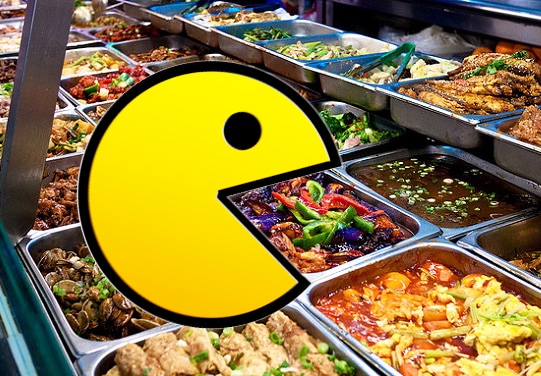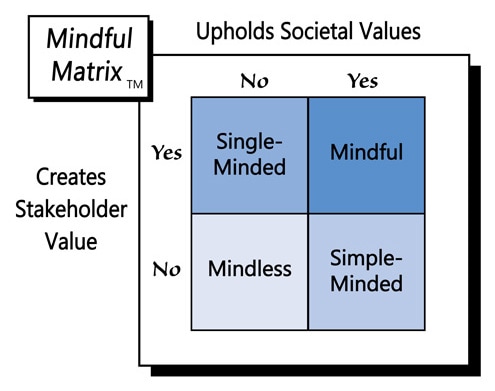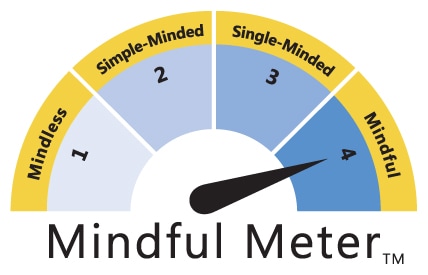Olive Garden and IHOP are two national restaurant chains that recently offered specific all-you-can-eat specials. Olive Garden had its “Never Ending Classics,” which allowed consumers to eat all of the spaghetti with meat sauce they could for $11.99, while other entrées, like fettuccine alfredo, lasagna, and chicken parmigiana cost a bit more. For the extra fee consumers could keep refilling with different selections, as well as eat limitless breadsticks and soup or salad.
IHOP’s special was even simpler. For $9.99, customers could consume their fill and more of plain pancakes. The restaurant also offered some other options with finite sides of sausage and hash browns for about the same price. Such tempting treats led some consumers to hold their own hotcake-eating competitions to find which friend or coworker could do the most damage to IHOP’s pancake promotion.
Like Olive Garden and IHOP, TGI Friday’s has employed a limited-time, all-you-can-eat special: Endless Apps. The chain has now decided to make the option permanent, proclaiming “Endless Apps are Back for Good.” So, for the foreseeable future, patrons can purchase an infinite flow of appetizers like BBQ chicken flatbread, mozzarella sticks, and fried pickles for $10 each. Even some sports teams, like the Philadelphia 76ers and the Pittsburgh Pirates, have instituted endless food plans for fans.
The point is, all-you can-eat options are pretty common. In addition to these national players, there are all sorts of local and regional restaurants that provide limitless food for a flat fee. Chinese buffets and pizza buffets are among the most common purveyors. Of course, the purpose of Mindful Marketing is not just to summarize such practices but to answer the ‘should’ question. So again, should restaurants offer all-you-can-eat options?
The main ethical issue this question seems to elicit is that of gluttony: the “excessive ongoing consumption of food or drink.” While we might want to minimize such behavior (“Everyone overeats at times”) it’s worth noting that gluttony has long been recognized as one of the “Seven Deadly Sins,” alongside the likes of greed, wrath, and sloth.
In terms of personal impact, it’s pretty easy to understand how gluttony can be harmful to one physically, e.g., extra weight puts more strain on organs and joints. There also are likely negative social and psychological consequences; for instance, others might not find the gluttony very appealing, and individuals who routinely overeat may not feel good about themselves.
On a society level, the United States continues to face an obesity epidemic, which carries billions of dollars of financial costs. Here are some specific stats from the 2009-2010 National Health and Nutrition Examination Survey, which studied American obesity:
- More than 2 in 3 adults are considered to be overweight or obese.
- More than 1 in 3 adults are considered to be obese.
- More than 1 in 20 adults are considered to have extreme obesity.
- About one-third of children and adolescents ages 6 to 19 are considered to be overweight or obese.
Of course, overeating is not the only cause of obesity; other factors like genetics can play a role. Still, “the most common causes of obesity are overeating and physical inactivity.” The question that remains, then, is whether all-you-can-eat options bear some responsibility for this overindulgence.
In my book Honorable Influence, I identify “encouraging overindulgence” as one of the “Seven Sins of Influence” that marketers must avoid. More specifically, I suggest eight questions that can help determine, in a specific situation, whether the marketer is abetting excessive consumption:
- Are non-marketing factors unlikely to be encouraging overindulgence?
- Is the overindulgence widespread among members of the market?
- Are the market’s consumers particularly prone to overindulge?
- Are the market’s consumers especially susceptible to marketing influence?
- Do members of the target market have difficulty affording the product?
- Does one-time consumption of the product represent overindulgence?
- Does the product have addictive properties or non-satiating tendencies?
- Do specific marketing tactics explicitly promote overindulgence?
The idea is that “yes” answers indicate the marketer may be to blame, whereas “no” answers suggest that consumers are responsible for their own excesses. As I consider these questions for all-you-can eat restaurants, I find myself answering “no” nearly every time, for example:
- No, non-marketing factors are likely to be encouraging overindulgence. For instance, people often eat meals out with others, and if one person goes back for ‘thirds’ or loads up on luscious desserts, others are more likely to follow suit.
- No, the overindulgence isn’t necessarily widespread in the target market. Many people who go to buffets or other all-you-can eat restaurants show restraint and eat reasonable amounts.
The one question that does give me some pause is #8, not for every all-you-can-eat restaurant but for a few that do things like Captain George’s in Williamsburg, VA does. Captain George’s puts out a truly spectacular spread that it touts as one of the “Top 12 All-You-Can-Eat Seafood Buffets in America!” The restaurant also charges adults $34.99 for the opportunity to partake in the overwhelming selection.
So, what’s the problem? When a person pays more than three times the price of the average Chinese buffet, one feels especially obligated to keep eating—I know from firsthand experience. Early in our marriage, while vacationing in Williamsburg, my wife and I dined at Captain George’s on the recommendation of others. At one point we were about to leave, but we talked ourselves into staying and eating more because we had paid so much for the extraordinary eating experience. We finally stumbled out of the restaurant in pain from having consumed too much.
Did Captain George’s force us to forgo restraint? No, we fed ourselves more than we should have. At the same time, though, the restaurants’ product and pricing tactics really encouraged this kind of overindulgence. I’d bet that many people who dine at Captain George’s make the same “gut-wrenching” mistake we did.
Still, I maintain that Captain George’s is more the exception than the rule. In most all-you-can-eat restaurants, it’s significantly easier for people to leave before they’ve overeaten because they’ve paid much less. Our family sometimes goes to a Chinese buffet that charges about $9 for lunch. The food is great, and when I start to feel full, I have no problem calling it quits because I believe I’ve already gotten good value in the exchange.
Yes, there are some unprincipled marketers who do things that hurt consumers, but most marketers understand the idea of mutually beneficial exchange and take their customers’ best interests to heart. As consumers, we are also accountable for our own consumption. Sometimes that means not eating everything we could. Ultimately, this means that all-you-can-eat options can be “Mindful Marketing.”
Learn more about the Mindful Matrix and Mindful Meter.
Check out Mindful Marketing Ads and Vote your Mind!




 RSS Feed
RSS Feed